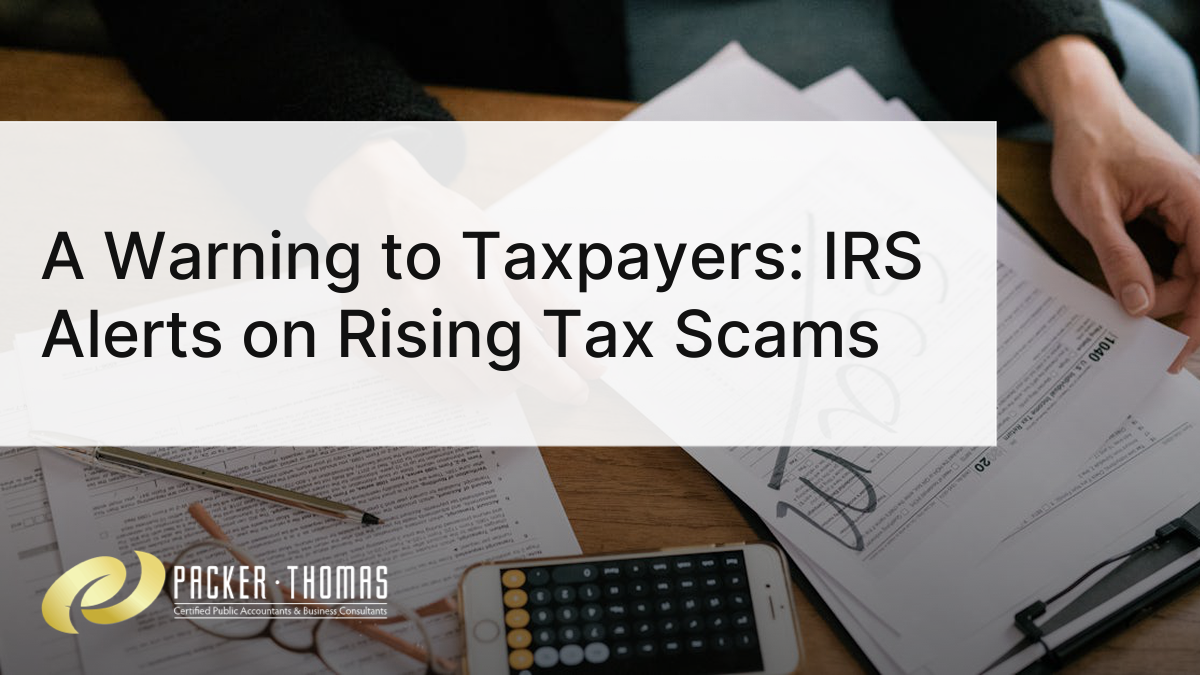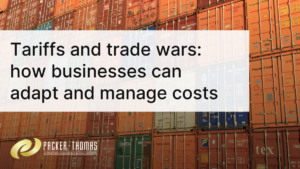Executive Summary
The IRS has warned taxpayers about the increase in tax scams that involve false claims for refunds. The scammers use various schemes to inflate the amount of refund they request, such as claiming credits for fuel tax, sick and family leave, or household employment taxes. These scams affect not only the taxpayers who fall prey to them, but also the IRS and other taxpayers who face delays in receiving their legitimate refunds. The IRS advises taxpayers to be vigilant and protect their personal and financial information from these fraudsters.
A Warning to Taxpayers: IRS Alerts on Rising Tax Scams
The Internal Revenue Service (IRS) has issued a consumer alert regarding an escalating number of tax scams that have led to inflated refund claims. These scams have victimized thousands of taxpayers, involving deceptive practices related to fuel tax credit, sick and family leave credit, and household employment taxes. This fraudulent activity is causing significant delays in the processing of refunds, as the IRS seeks to validate the legitimacy of these claims.
The IRS warns that false claims can lead to a freezing of the refund amount. This means that even if parts of the claim are valid, taxpayers will not receive any refund until the issue is resolved. The implications of filing incorrect claims can be severe, with penalties reaching up to $5,000 per return. In addition, taxpayers may face follow-up audits or even criminal prosecution if fraudulent claims are filed knowingly.
The IRS Commissioner, Danny Werfel, urges taxpayers to review the guidelines related to these credits and seek advice from trusted tax practitioners. He advised that to avoid penalties, taxpayers might need to file an amended return to rectify ineligible claims.
According to Werfel, “Scam artists and misleading social media posts have duped well-meaning taxpayers into believing they’re entitled to large, windfall tax refunds.” The reality is that the tax credits involved in these scams are often bound to specific situations, and most of the claims do not qualify.
The fuel tax credit, for instance, is designed for off-highway business and farming use. It necessitates a business purpose and a qualifying business activity such as operating a farm or purchasing aviation fuel. Most taxpayers do not meet these stringent requirements.
Similarly, the credit for sick leave and family leave was available exclusively to self-employed individuals in 2020 and 2021 during the COVID-19 pandemic. The IRS has noticed numerous instances of taxpayers inaccurately utilizing Form 7202, Credits for Sick Leave and Family Leave for Certain Self-employed Individuals, to claim credit based on income earned as an employee, not as self-employed.
In the case of household employment taxes, scams typically involve taxpayers filing Schedule H (Form 1040), Household Employment Taxes, for fictitious household employees. They then claim a refund based on false sick and family medical leave wages that were never actually paid.
Werfel stresses that social media is a significant catalyst in propagating these inappropriate claims. He recommends taxpayers to verify the accuracy of their tax return before filing and to rely on the advice of a trusted tax professional, rather than unverified sources on social media.
Taxpayers who have their refunds frozen due to suspicious claims will usually receive a letter from the IRS requesting more information. The IRS is committed to protecting taxpayers and ensuring that the tax system is as secure and fair as possible. It encourages anyone who suspects fraudulent activity to report it immediately so that the necessary steps can be taken to rectify and prevent further misconduct.
In conclusion, the IRS’s warning serves as a reminder to taxpayers to be diligent and informed about the tax process. It is advisable to consult with reputable tax professionals and to be skeptical of claims that seem too good to be true.
For over 100 years, Packer Thomas has served generations of business owners, families, and others with tax, auditing, accounting, and information technology services. But we didn’t last that long by standing still. We’ve evolved to meet the needs of our clients who are also facing challenging changes in their financial, tax, and information technology environments.







